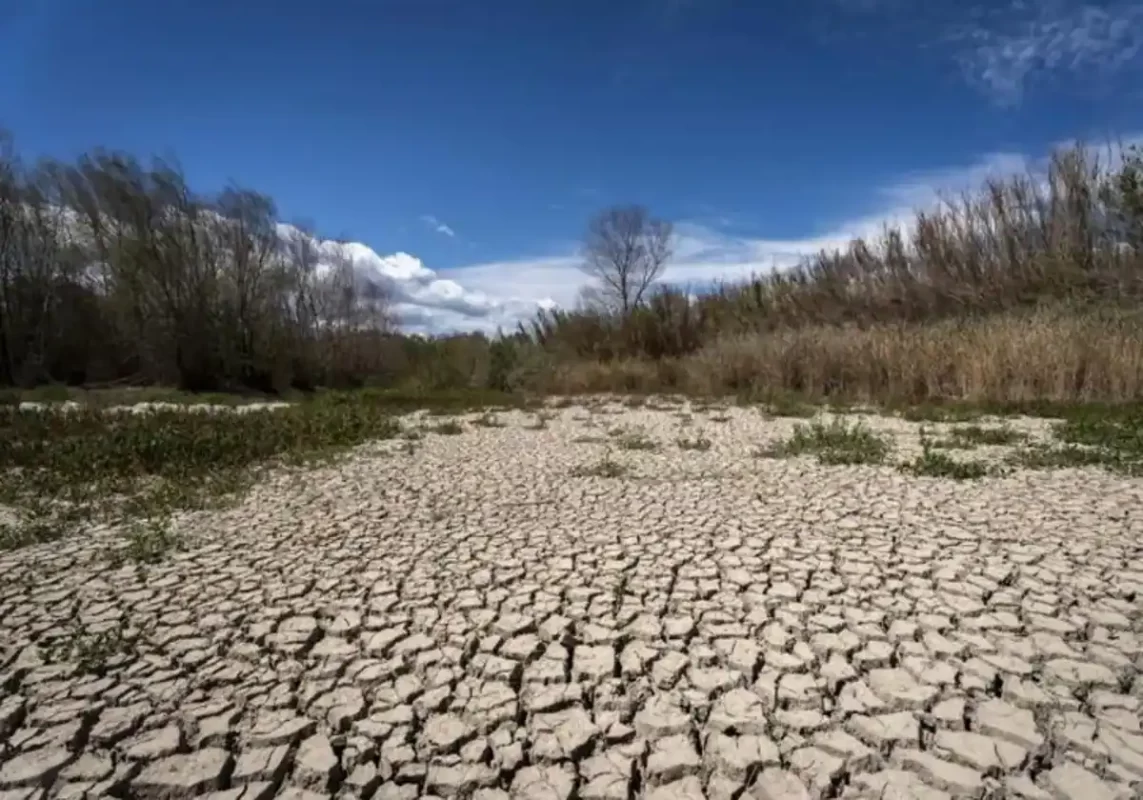NEWS
Catalonia’s Water Crisis: Balancing Agriculture and Tourism
Catalonia’s Water Crisis: Balancing Agriculture and Tourism
Struggles of Catalonia’s Farmers Amidst Water Scarcity
Amidst the scenic orchards of Catalonia, farmer Ramón Falguera finds himself deeply concerned. Last year, the region witnessed a significant decline in fruit harvests, plummeting by a third, while wheat yields were halved. The culprit? A severe drought coupled with stringent water regulations, leaving the once-fertile lands parched.
The intricate water canal system, originating from the Pyrenees mountains, witnessed its shortest operational period in history—merely a month—since its construction 160 years ago. This unprecedented drought, deemed the worst in two centuries, has cast a shadow over the agricultural heartlands of northeastern Spain.
With reservoir levels plunging to alarming lows, the government declared a state of emergency across Catalonia in early February. Pere Aragonès, at the helm of the regional government, announced sweeping water restrictions, dealing a heavy blow to the agricultural sector, the largest consumer of water. Falguera anticipates a drastic reduction in irrigation cycles, from the usual eight to a mere two, exacerbating the woes of farmers already reeling from multiple years of inadequate rainfall.
David Saurí, an expert in water management, echoes Falguera’s concerns, emphasizing the dire situation faced by irrigation farmers across Catalonia. For many, this marks the third consecutive year of insufficient irrigation, leading to a cascade of adverse effects rippling through entire communities—a catastrophe, by all accounts.
The Dynamics of Water Use: Agriculture vs. Tourism
While agriculture accounts for a modest 3% of Catalonia’s economy, farmers feel slighted by what they perceive as preferential treatment afforded to other economic sectors. The tourism industry, in particular, has come under scrutiny for its conspicuous water consumption.
Despite facing restrictions on freshwater usage, the tourism sector has been resistant to further constraints, prompting activists to stage protests demanding more stringent measures. Aragonès, however, rebuffed calls for additional restrictions, citing the sector’s significance to the regional economy.
Amidst the tensions, Enric Dotras, president of the Lloret de Mar hospitality association, unveiled an innovative solution to mitigate water scarcity’s impact on tourism. Hotels in the coastal town invested in a mobile desalination unit, costing a reported €1.5 million, to alleviate water shortages and preserve the region’s tourism infrastructure.
Environmental Concerns and Sustainable Solutions
However, the deployment of desalination plants has sparked environmental concerns, with critics highlighting the substantial energy consumption and ecological impact associated with these facilities. The disposal of brine, a byproduct of desalination, poses significant risks to marine ecosystems, necessitating stringent management practices.
Amidst the crisis, stakeholders emphasize the urgency of adopting sustainable water management practices. From water reuse initiatives to modernizing irrigation systems, innovative solutions are imperative to navigate Catalonia’s water woes and ensure the region’s long-term resilience.

